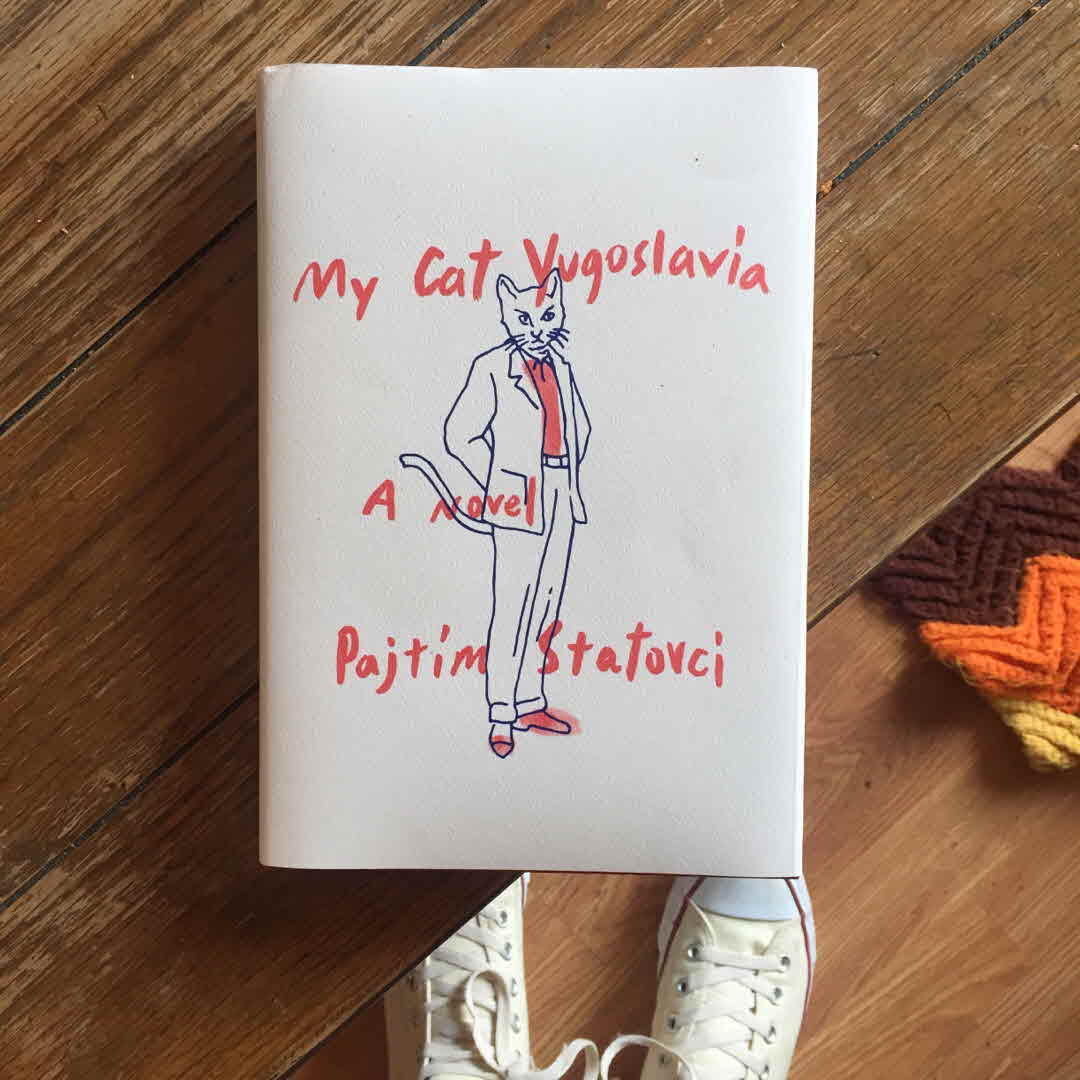
This new release, a (bizarre, surrealist) graduation present to myself. To be read as a reward as soon as I leave my final undergraduate class (!) this Friday.

This new release, a (bizarre, surrealist) graduation present to myself. To be read as a reward as soon as I leave my final undergraduate class (!) this Friday.
"To answer your question, I said, I purchased a one-way plane ticket. I'm here to look into the abyss and to offer my support in whatever form it takes."
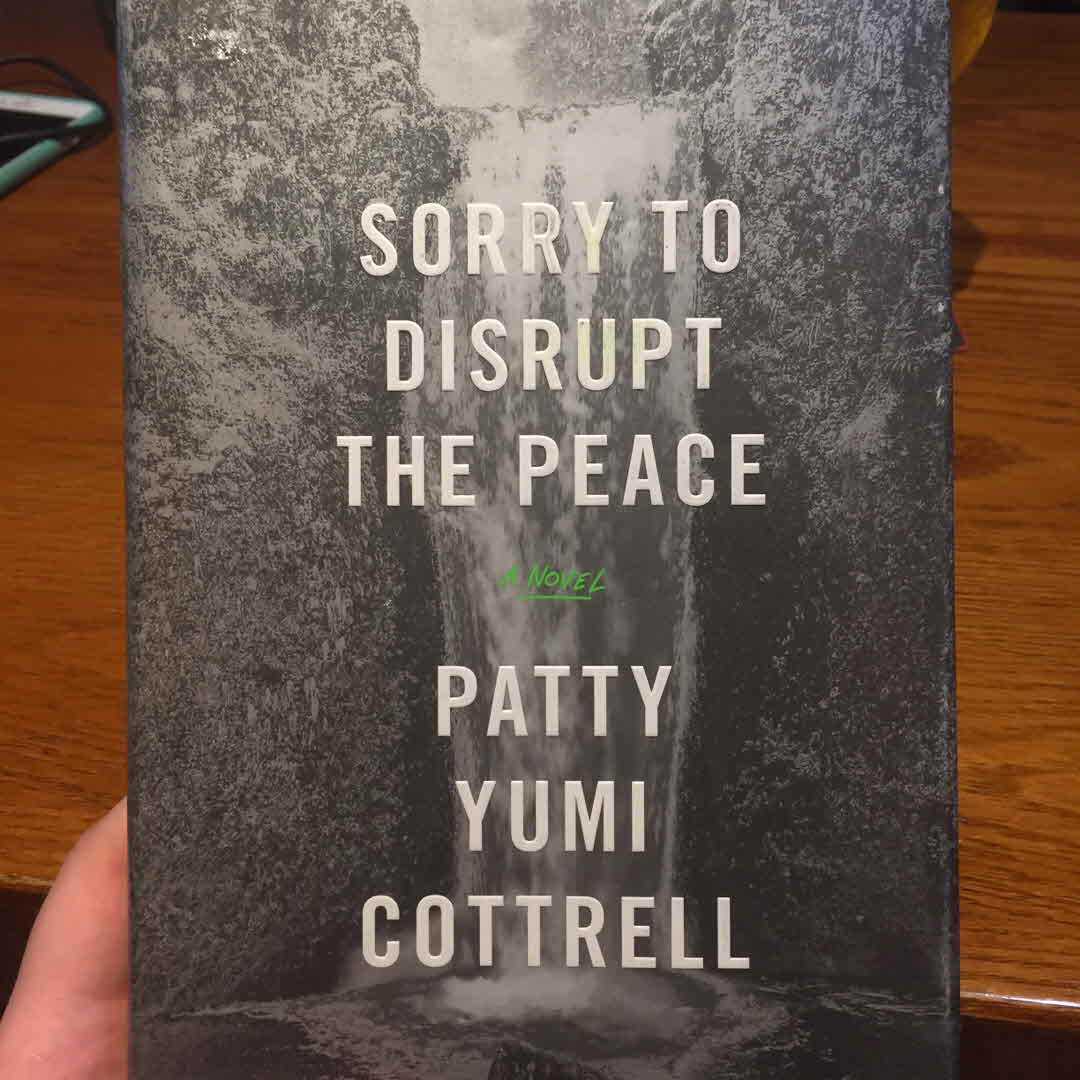
So far living up to McSweeney's hype. Super pleased.
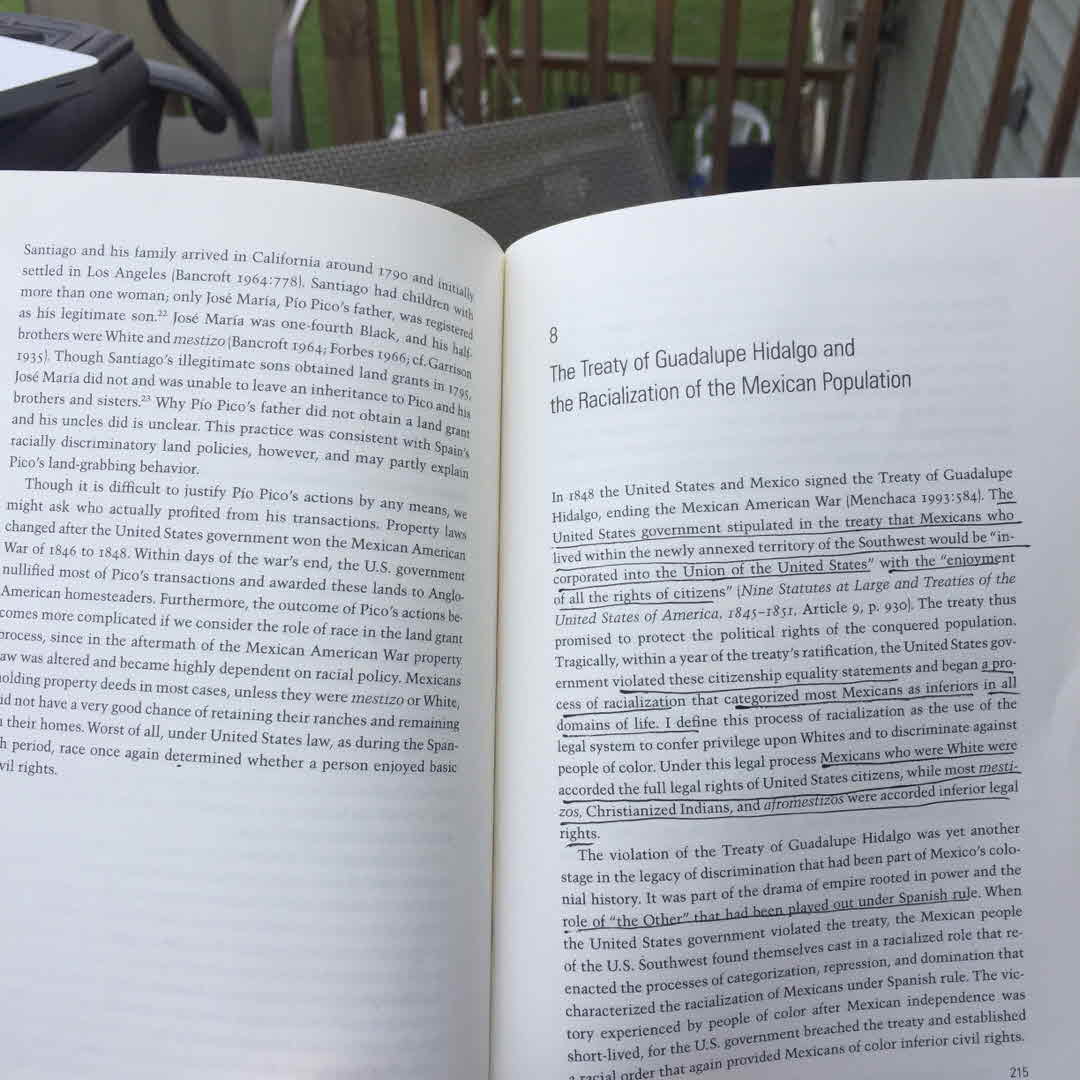
Taking advantage of this beautiful day to sit outside and read about how the United States grossly violated the Treaty of Guadalupe Hidalgo and completely fucked the mestizo population of the Southwest.
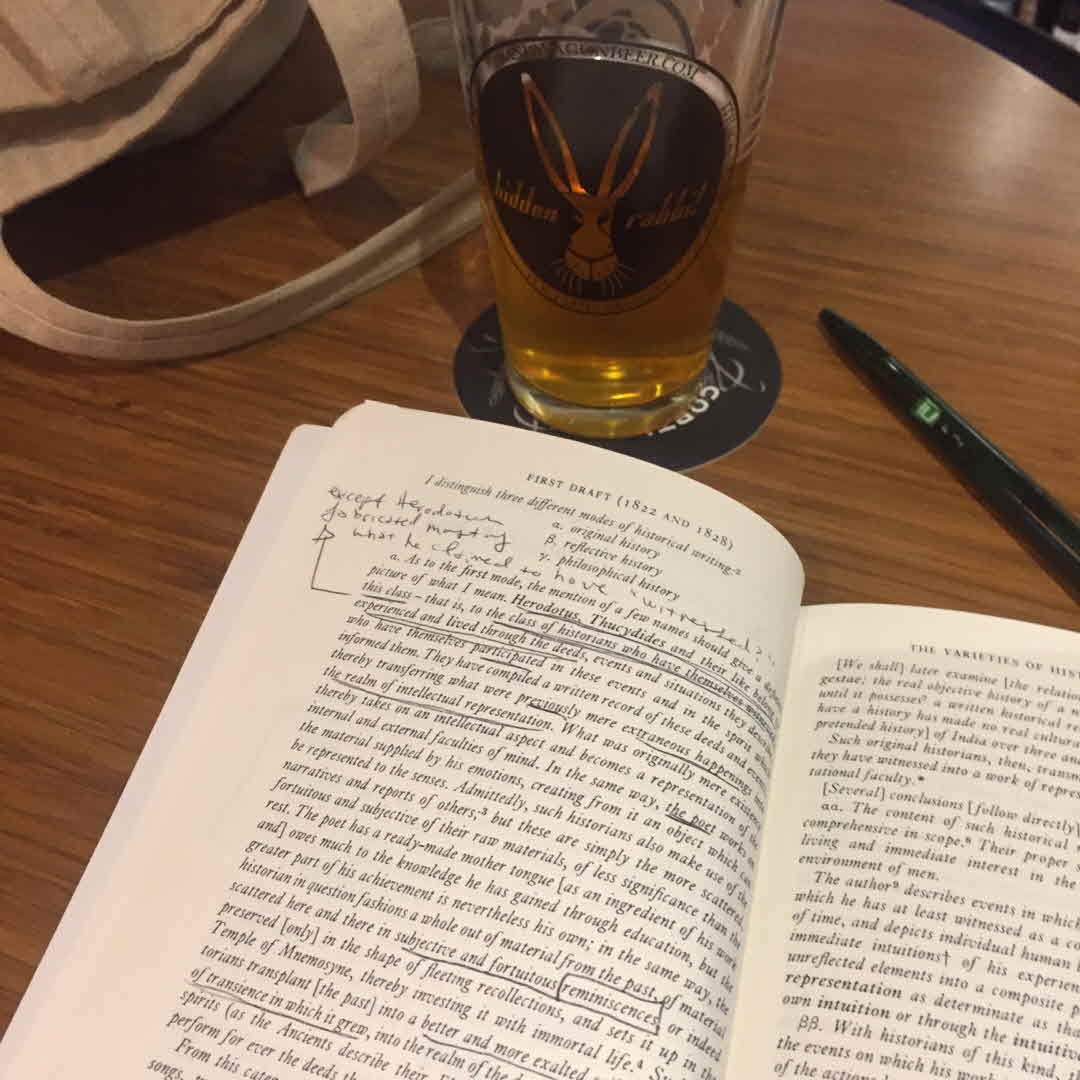
I have to wonder when in history it became apparent that Herodotus fabricated a lot of what he claimed to have witnessed. Clearly it was after Hegel's "The Varieties of Historical Writing," because my man gives Herodotus way too much credit; this then evokes the question of how deeply 19th-century philosophers and historians misunderstood the Greeks and how their fallacies have translated into our modern understanding of them. Yikes.
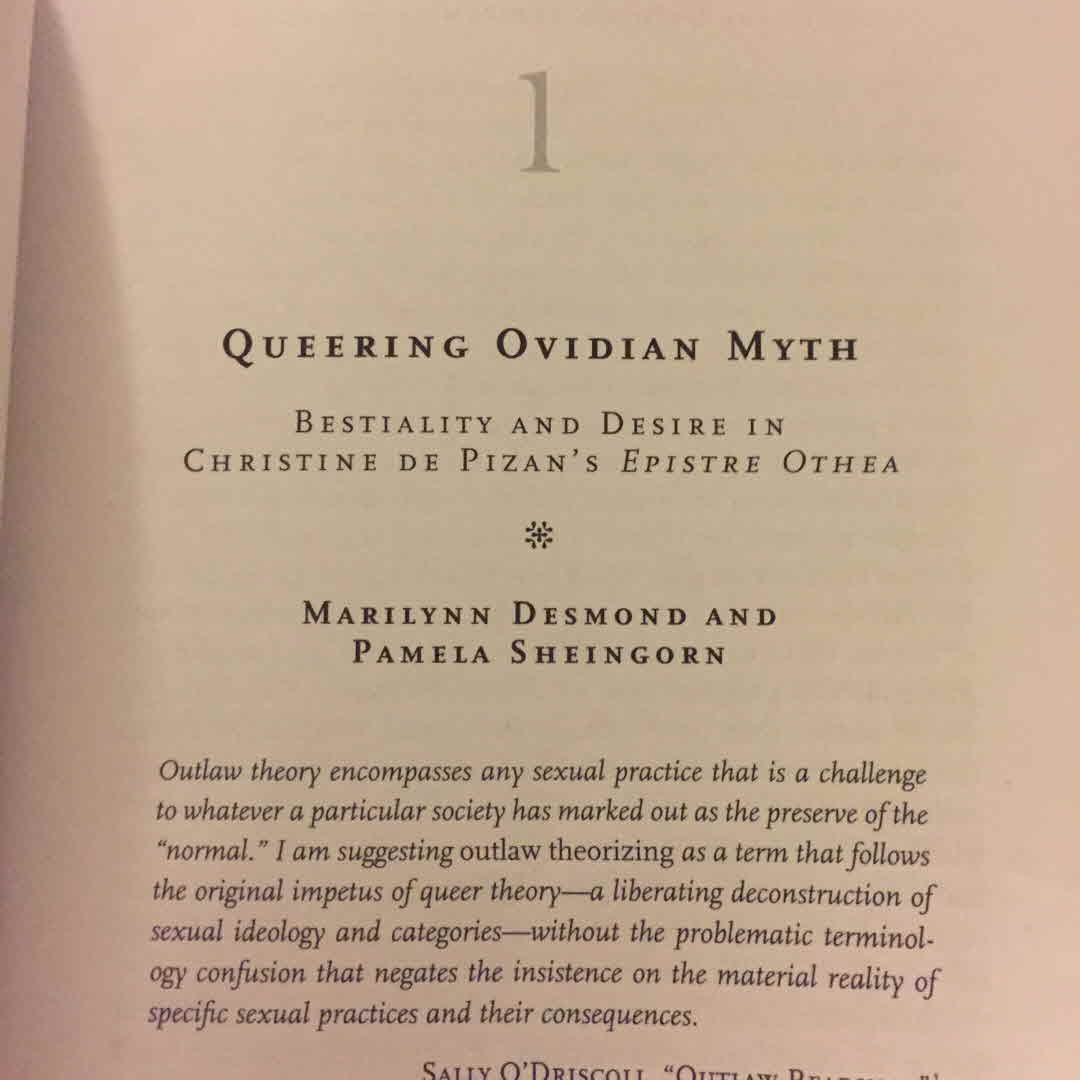
The opening essay, "Queering Ovidian Myth," delivers a powerful (re)assessment of the myth of Perseus and Andromeda according to Christine de Pizan and places the text in direct opposition to the heteronormativity of the Ovide Moralisé. Notably, the authors posit that the visual companions to Christine's texte reconfigure Andromeda's gaze to no longer be subject to Perseus' desire, granting Andromeda her own agency.
In other words: I love it.
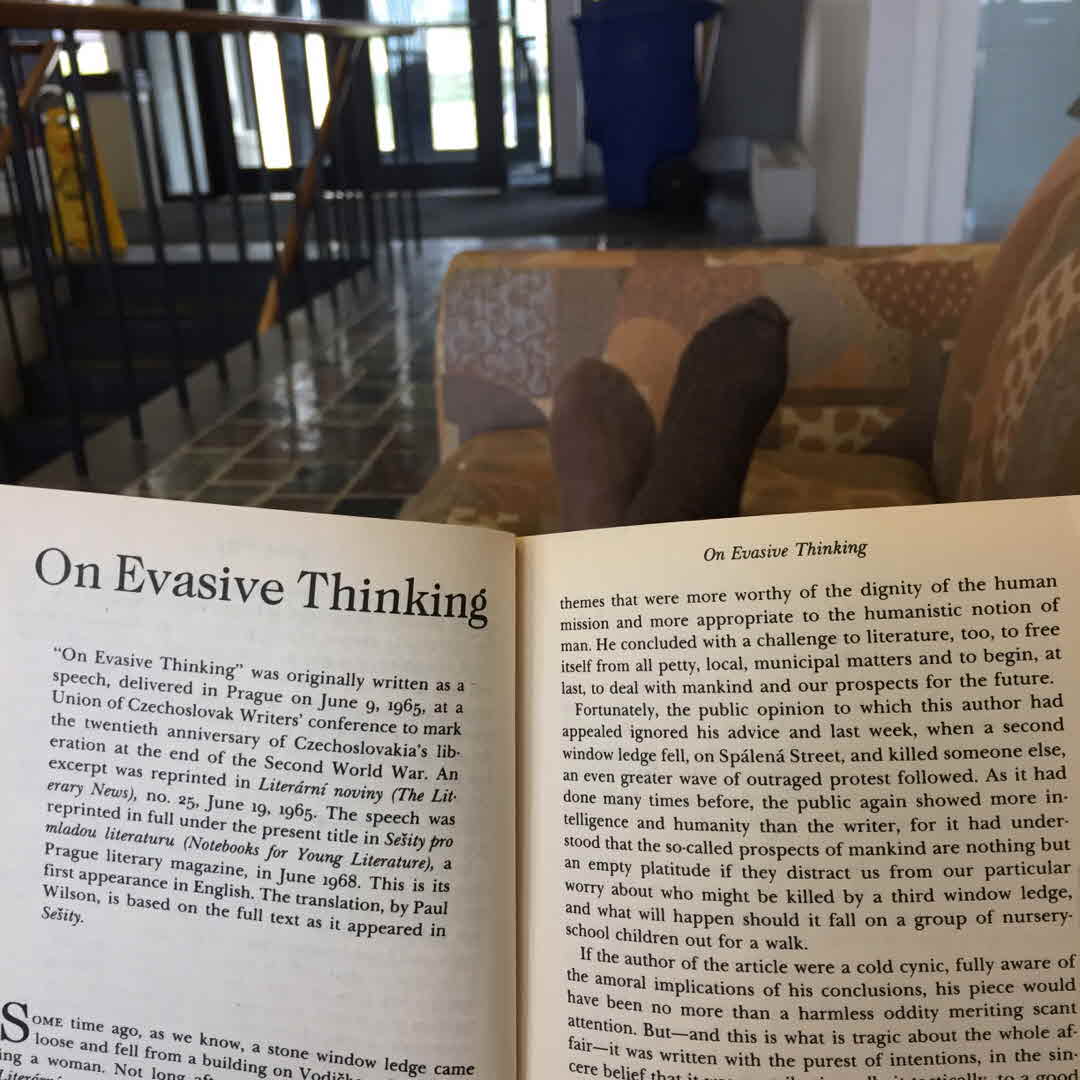
"Notice how often the words we use these days are more important than what we are talking about. The word -- as such -- has ceased to be a sign for a category, and has gained a kind of occult power to transform one reality into another...We need only to use the magic word 'disproportion,' and something unforgivably half-baked is suddenly not only excused but may even be raised to the level of historical necessity."
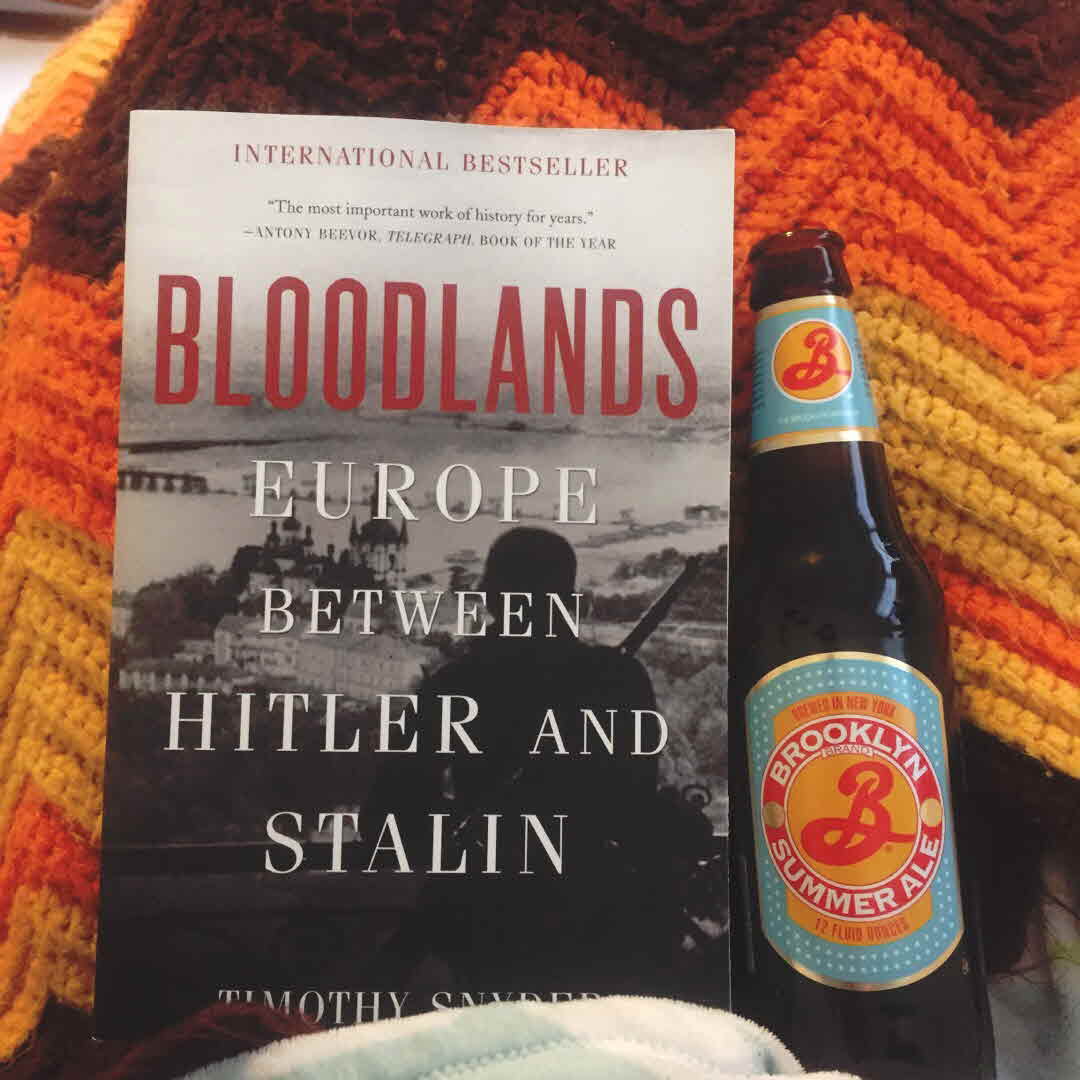
I'm sick on a Friday, it's raining, it's finally BK Summer season, and it took an assignment from my seminar prof to get me to FINALLY sit down with Timothy Snyder's Bloodlands and read it cover to cover.
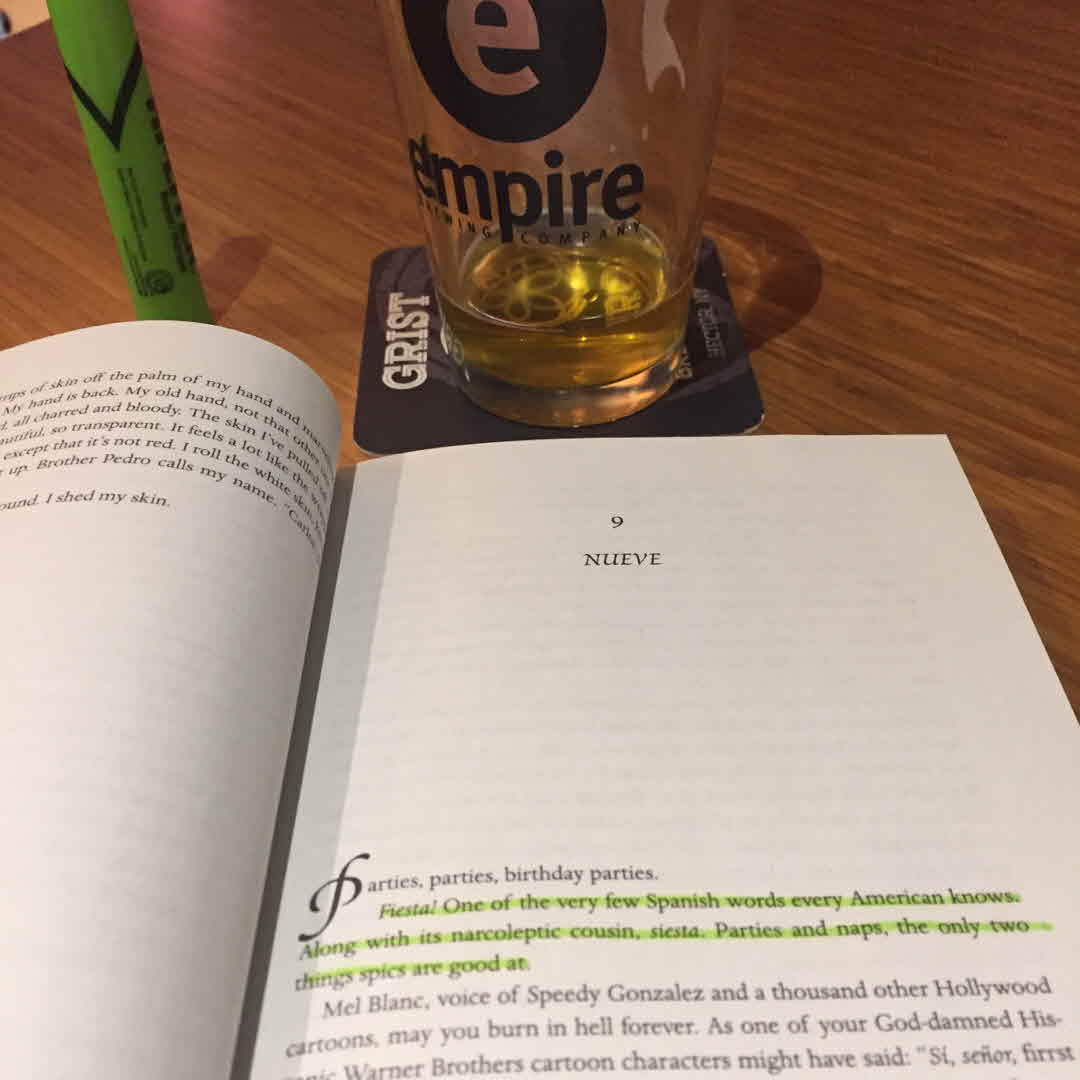
"Fiesta! One of the very few Spanish words every American knows. Along with its narcoleptic cousin, siesta. Parties and naps, the only two things spics are good at."
I AM SCREAMING
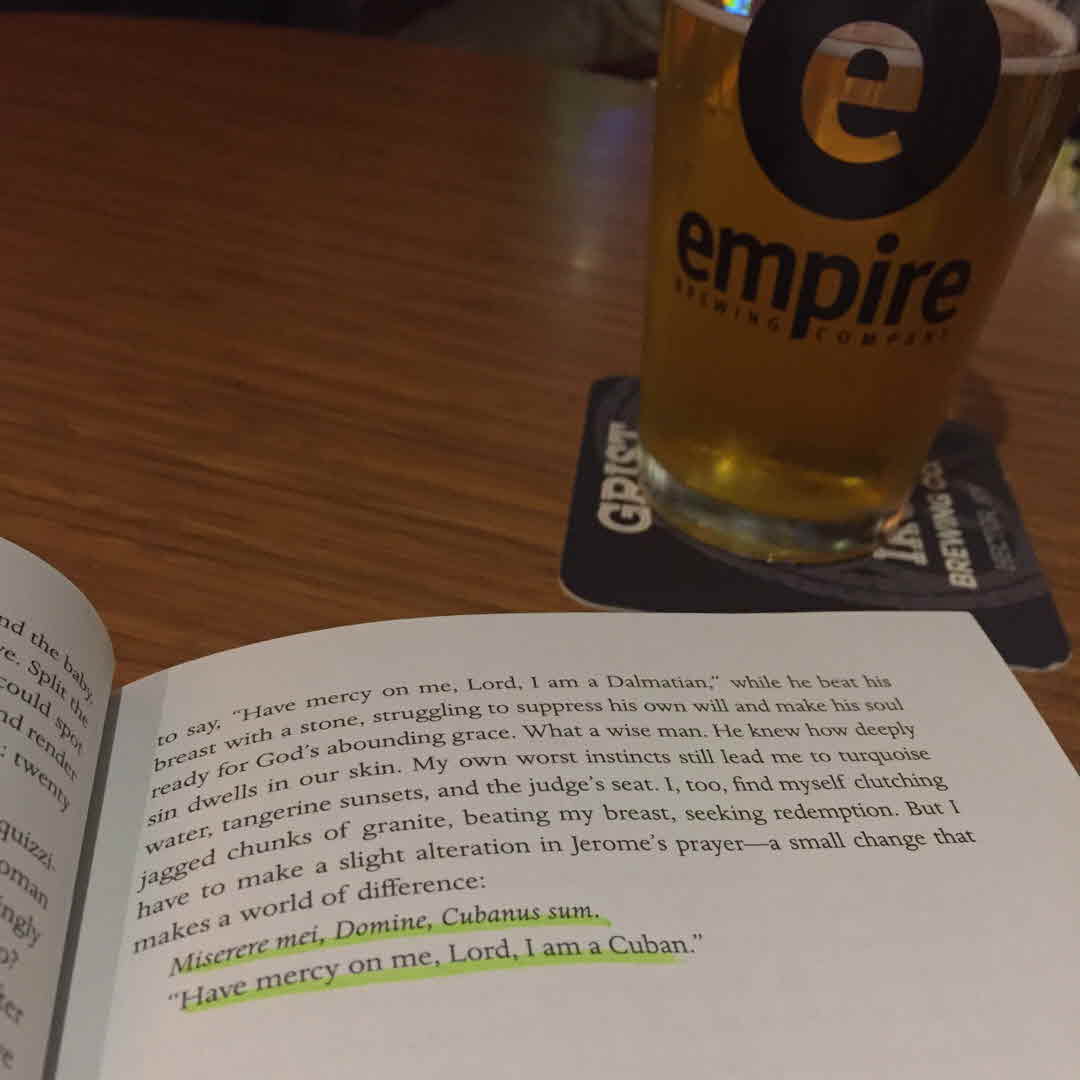
"...I have to make a slight alteration in [Saint] Jerome's prayer -- a small change that makes a world of difference:
Misere mei, Domine, Cubanus sum.
'Have mercy on me, Lord, I am a Cuban.'"
(Same book, different beer. Can't get enough of either.)
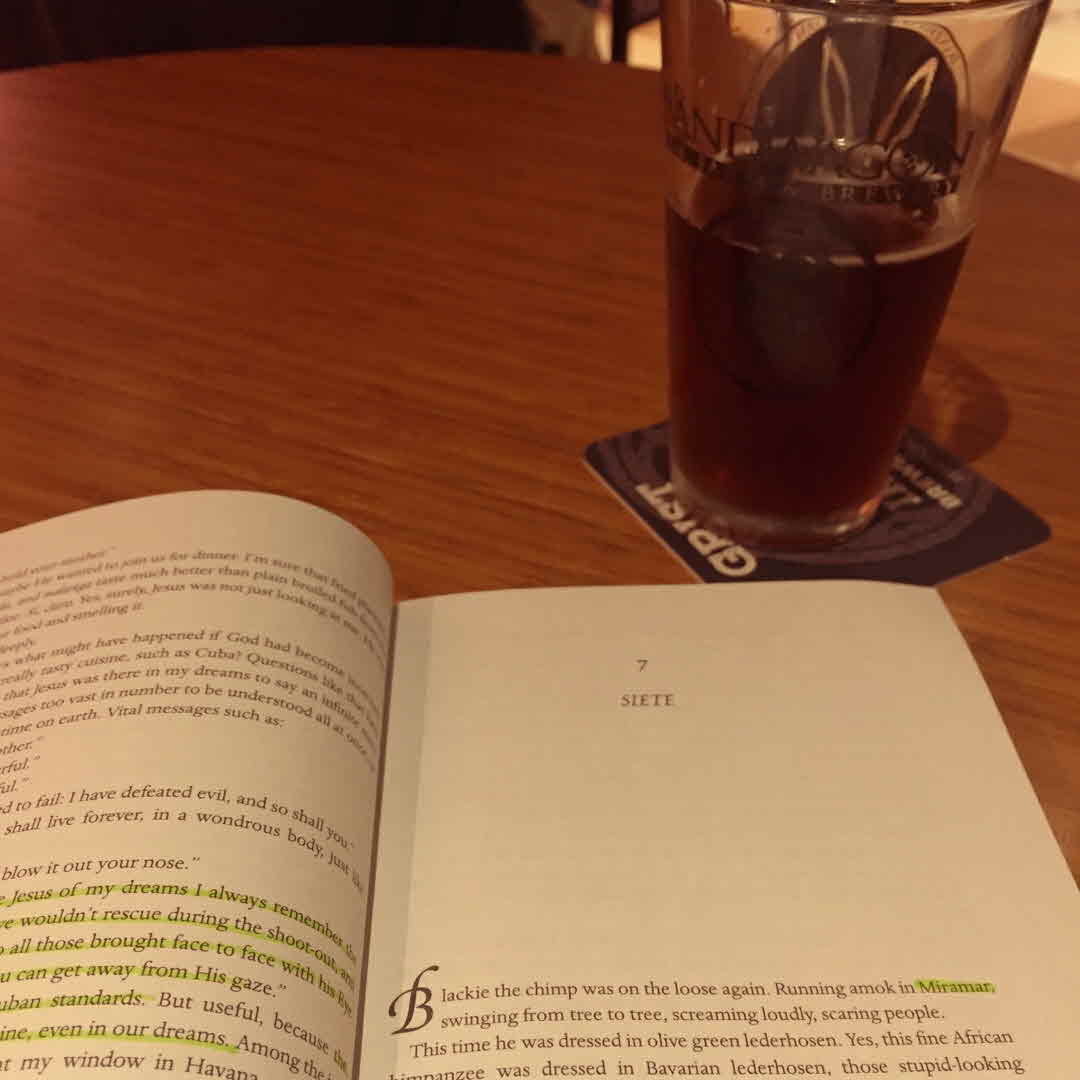
An update: my dad told me today that this book made him cry out of nostalgia for Cuba. This is significant for two reasons: 1) My mom has always told me that in the many decades she's known my father, she's only seen him cry once; this happened when I broke my leg as a young child. 2) My father has always gruffly maintained that he'll never return to Cuba. Perhaps pre-Castro Cuba really was the Garden of Eden, as Eire's own father suggests.
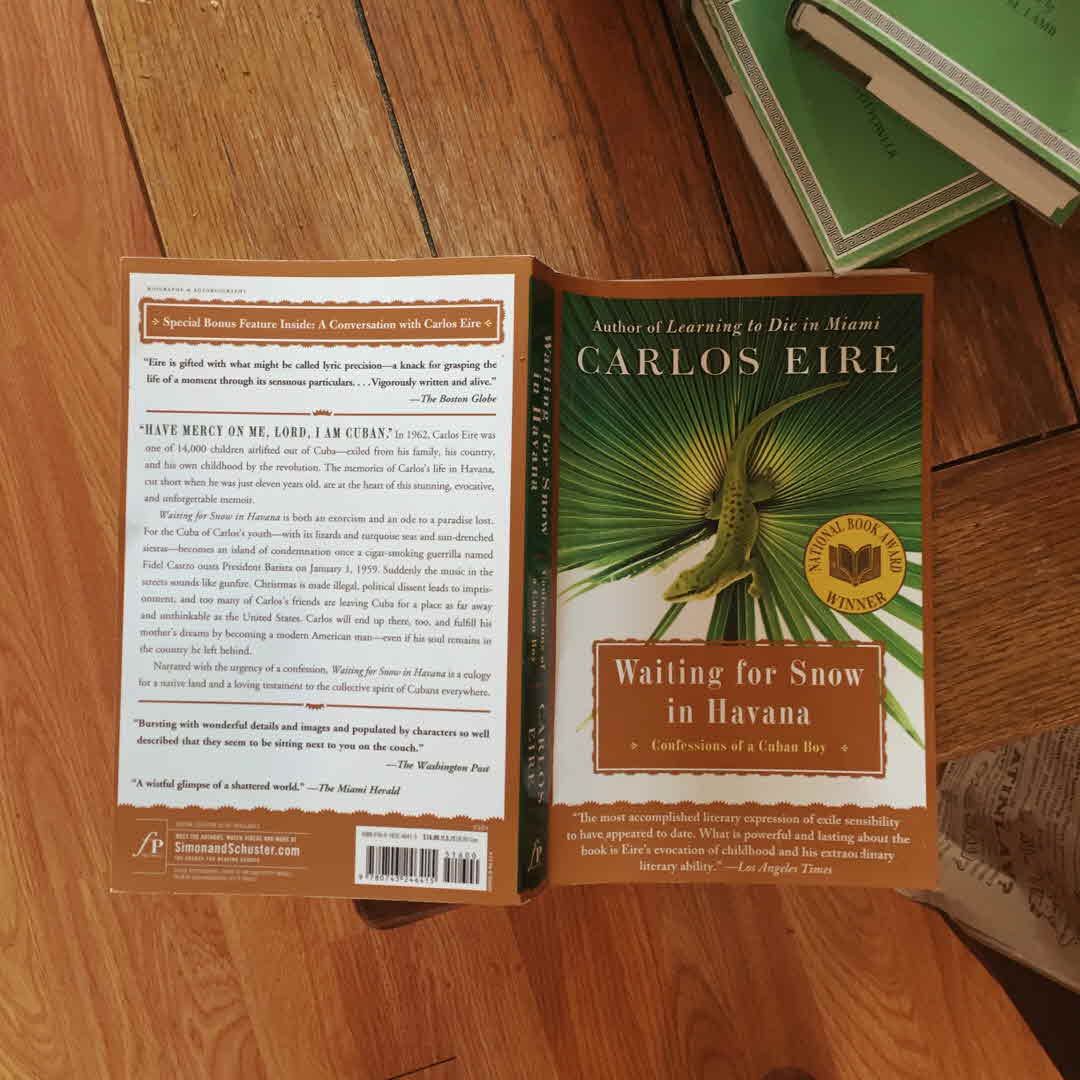
This book is wildly overwhelming. As I read I can't help but wonder if Carlos Eire and my father have any overlapping memories of boyhood in Havana -- if they hid under their beds at the sound of the same gunfire, or saw the same grotesque photos in the newspaper of the dead laying in the street, or if they perhaps even shared the same bizarre night terror of a bloodied Christ dragging his cross outside the window of their dining rooms.
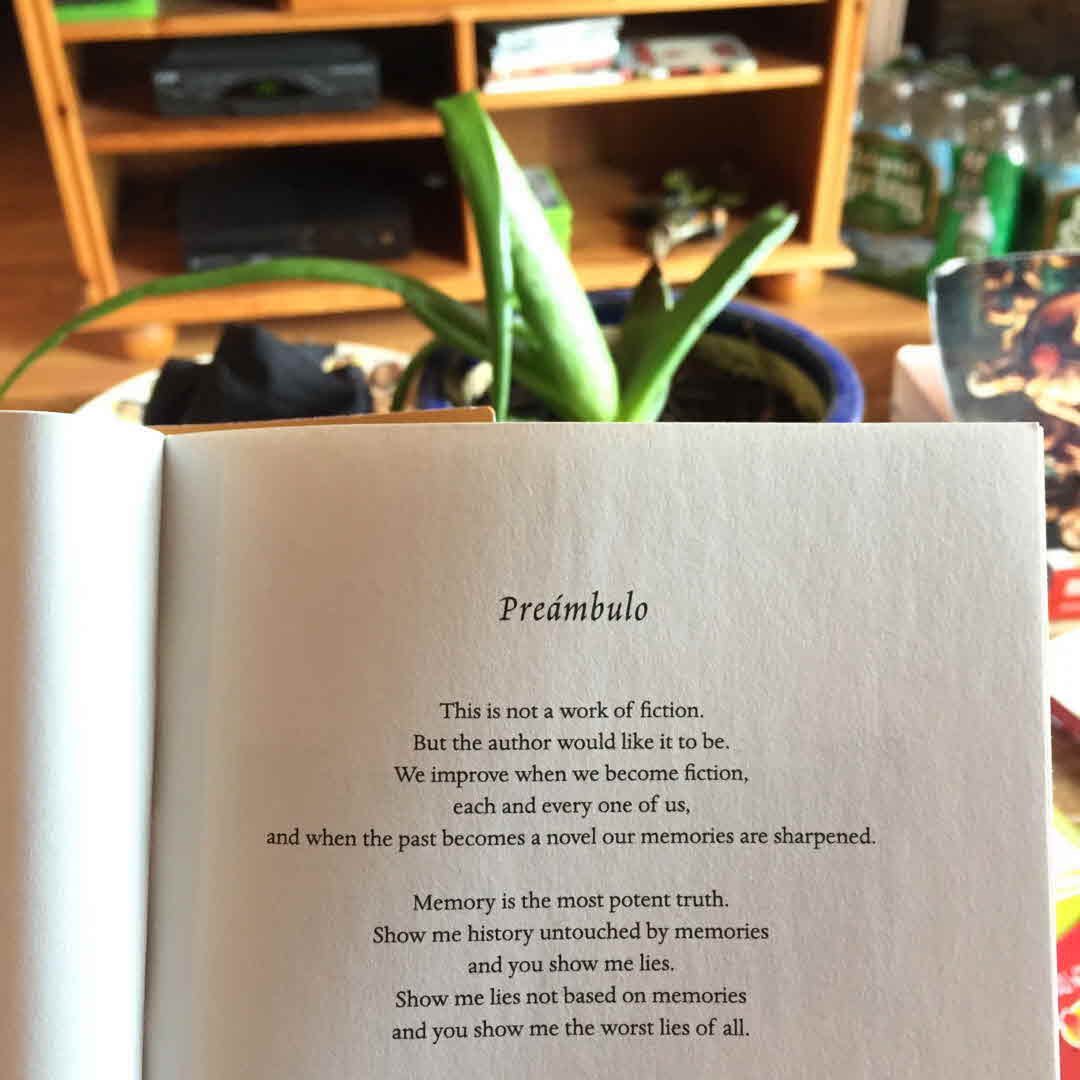
"Memory is the most potent truth.
Show me history untouched by memories
and you show me lies.
Show me lies not based on memories
and you show me the worst lies of all...
...Still, all of us are responsible for our own actions.
Not even Fidel is exempt from all this.
Nor Che, nor his chauffeurs, nor his mansion.
Nor the many Cubans who soiled their pants
before they were shot to death."
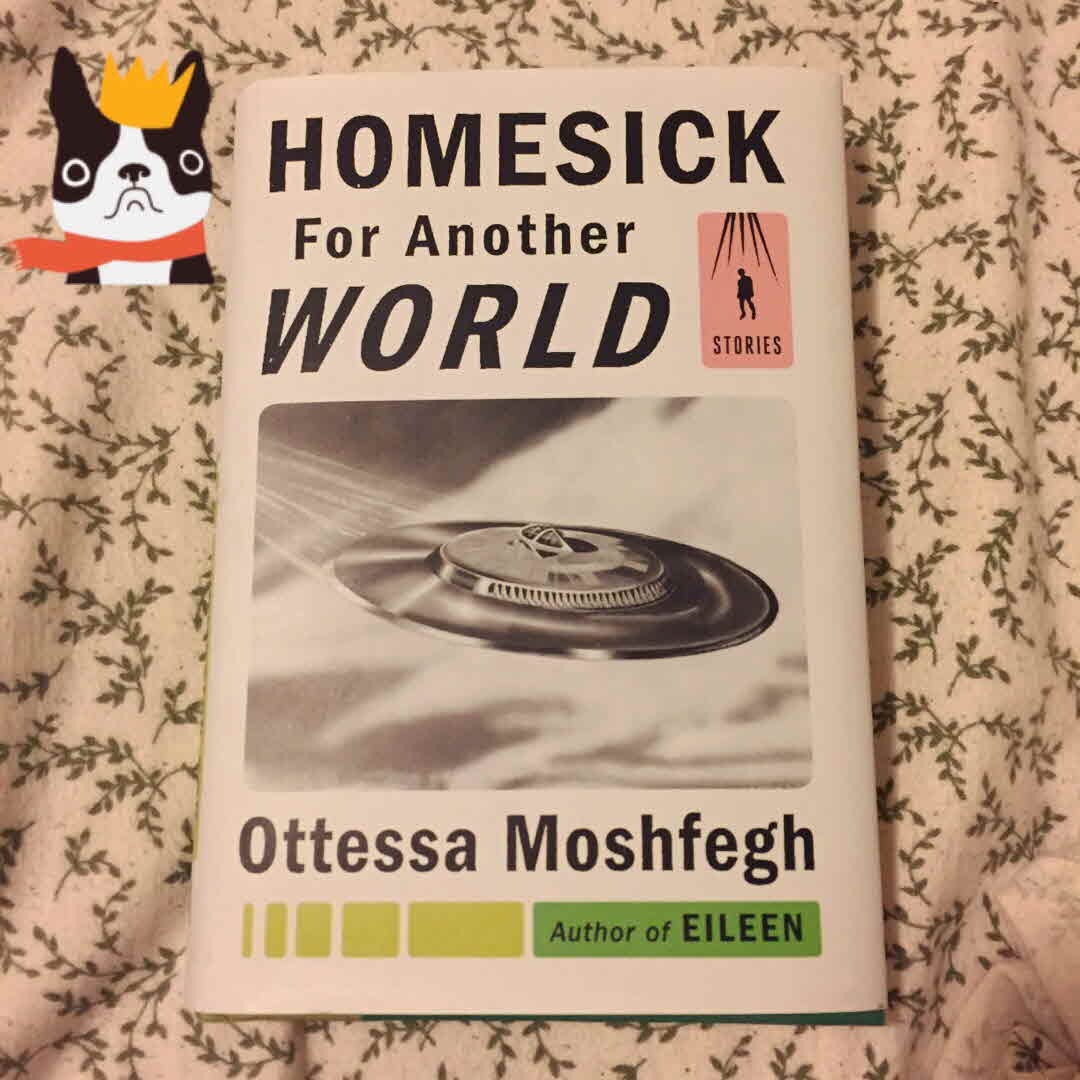
Ottessa Moshfegh's latest collection is unapologetically dark and lonely, at times even grotesque -- her characters seem deliberately unlikeable but something kept me turning the pages. Pairs well with Nana Grizol's 2010 record "Ruth."
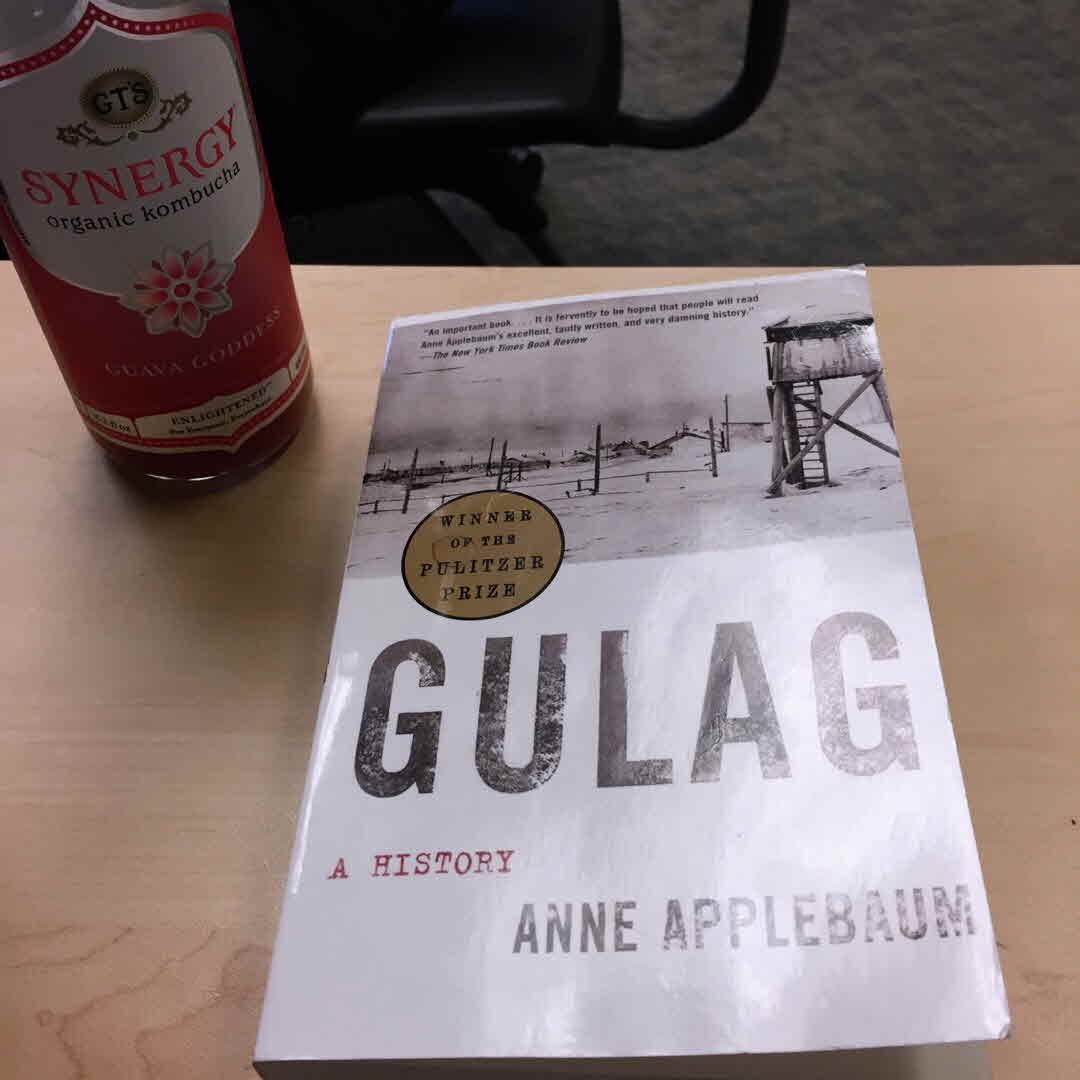
If any detailed history of Soviet gulags can be described as "readable," it's Anne Applebaum's.